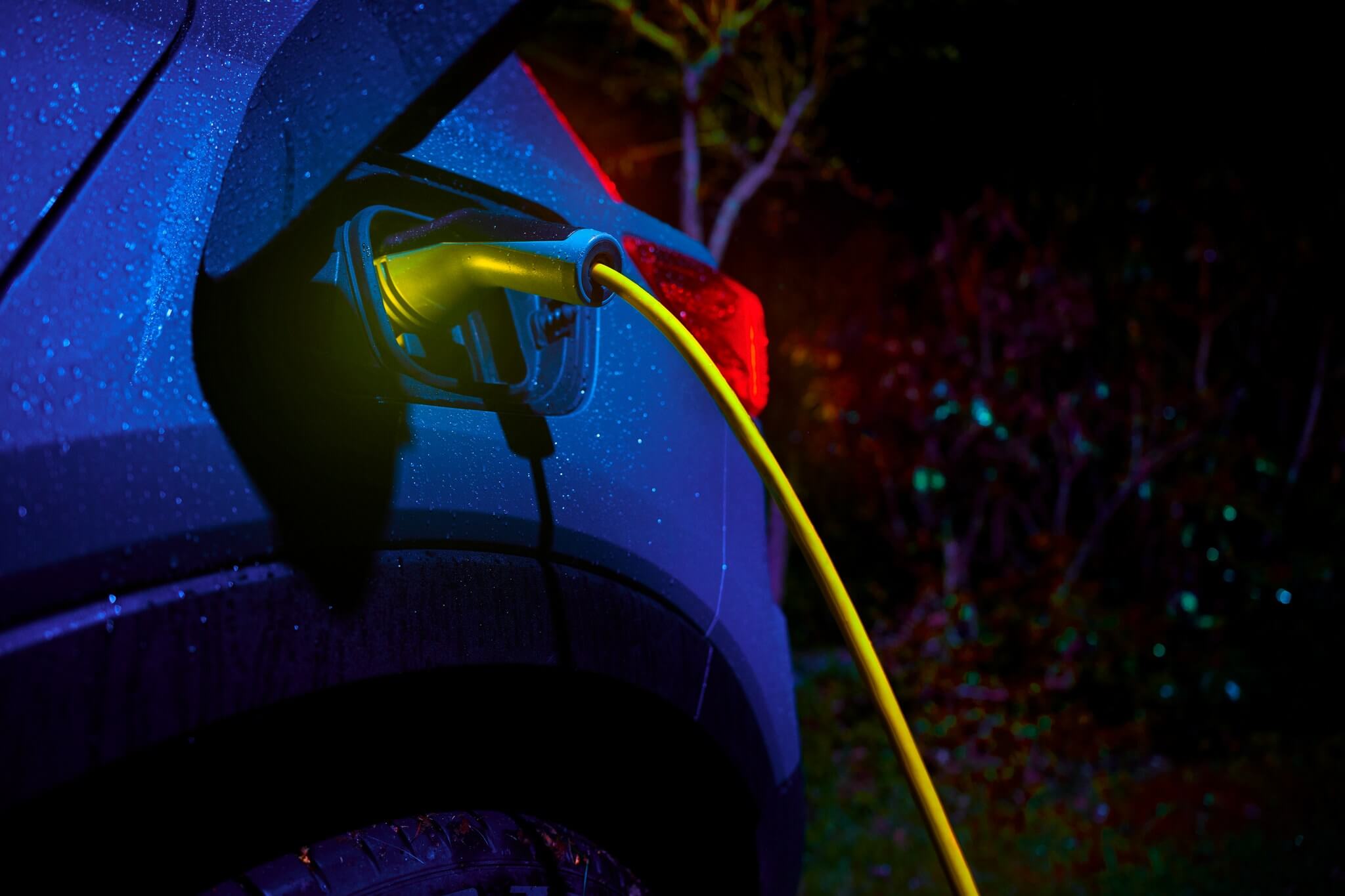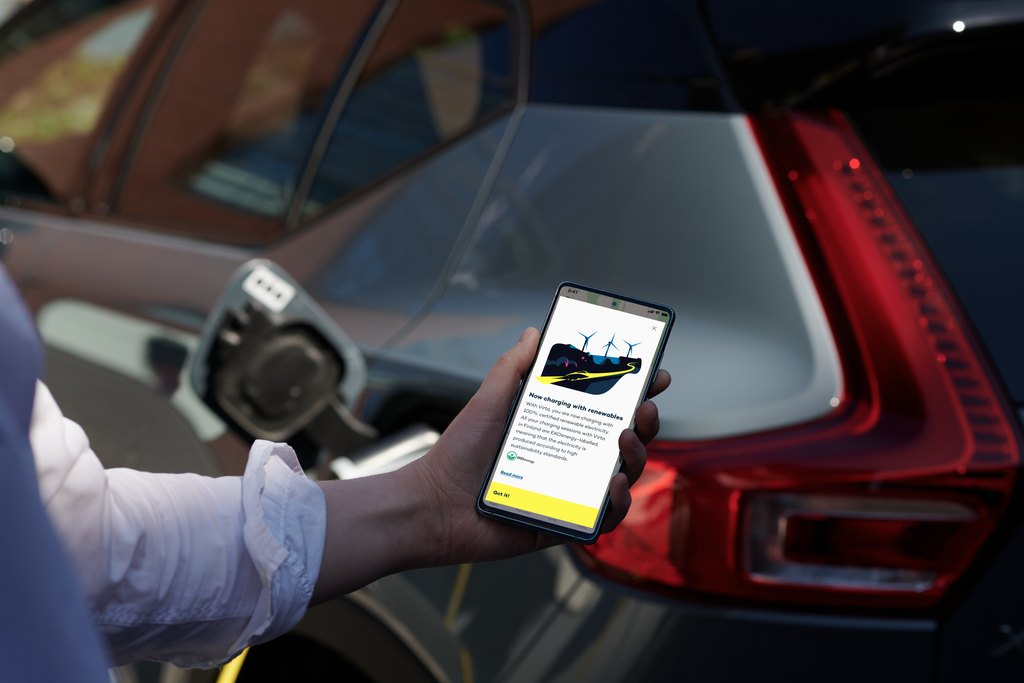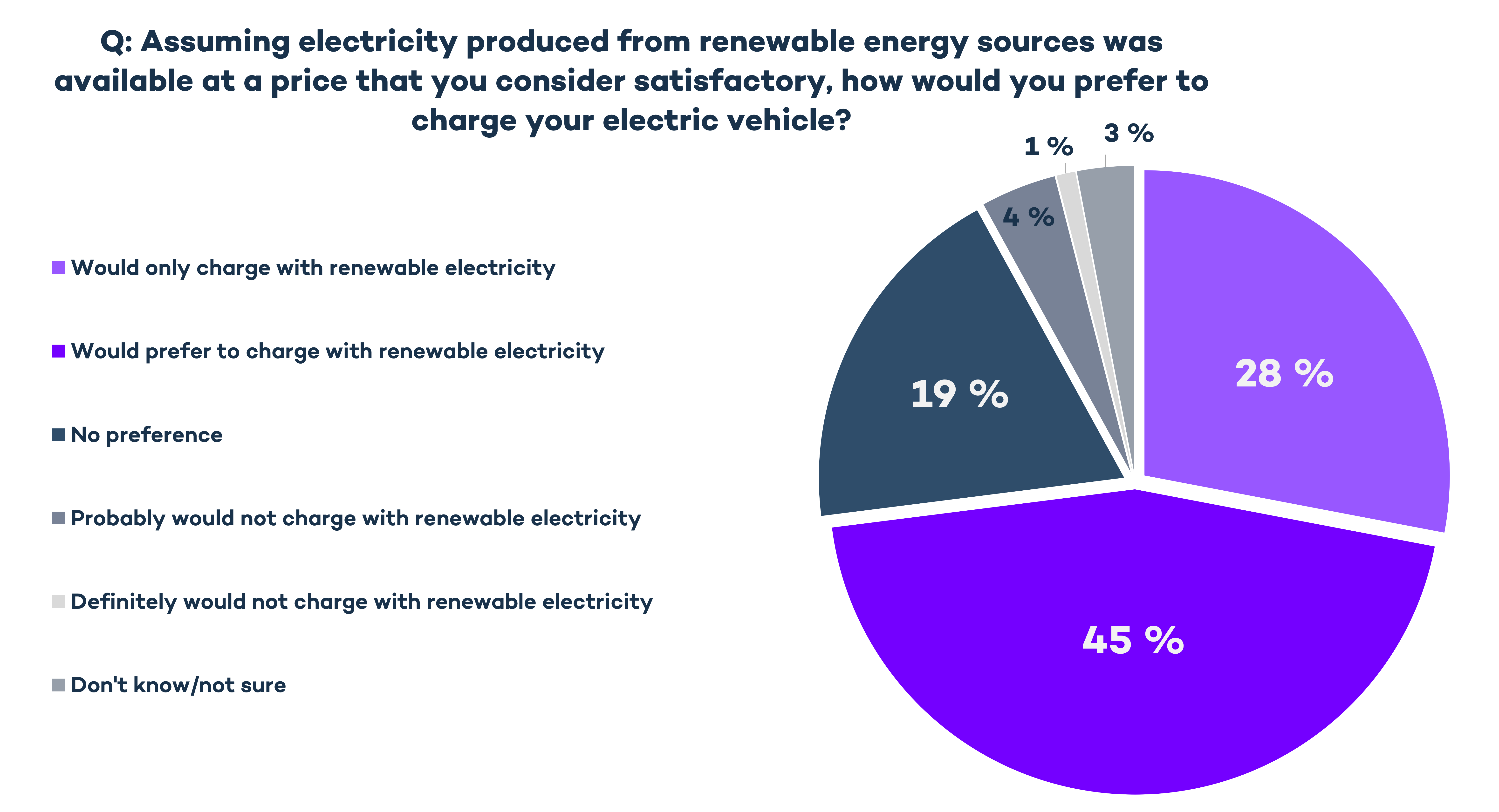Why we must charge EVs with renewable electricity
All studies point in one direction; we need to reduce our greenhouse gas (GHG) emissions, and we need to do it by yesterday.
One of the main causes of GHG emissions is transportation. In Europe alone, road transport is responsible for more than 1/4 of all GHG emissions.
Fortunately, a growing number of countries are now pushing for more sustainable ways and approaches. The European Union aims to ban all sales of fossil-fuel powered vehicles by 2035.
What’s more, Europe aims to become climate neutral by 2050 and is set to cut its GHG emissions by at least 55% by 2030. With such a significant part of the GHG emissions coming from transportation, we see that what and how we drive matters.
Now, switching internal combustion engine (ICE) vehicles to electric vehicles (EV) definitely has a positive impact on our overall carbon footprint, but it's only the first step towards decarbonisation. For this to work, we need to change the way we charge up our EVs.
Where the electricity powering up our EVs comes from?
Just as ICE cars need gas or oil to run, EVs need electricity. And where that electricity comes from is crucial in determining whether or not EVs are sustainable.
Even though an EV generates only half of the emissions compared to an ICE car, driving an EV charged with fossil fuels won’t stop climate change.
To illustrate this, let’s compare life-cycle emissions of:
- A regular combustion engine vehicle
- An electric vehicle running on fossil fuels and other non-renewables
- An electric vehicle running solely on renewable electricity
Chart 1: ICCT white paper | Global comparison of the life-cycle greenhouse gas emissions (GHG) of passenger cars
The above chart shows that driving EVs charged with sustainably sourced renewable electricity is producing the least GHG emissions.
Simply put, electric vehicles and renewable electricity sources are quite the winning duo when it comes to decarbonising transportation.
Finding a way to charge EVs with renewable electricity is now more crucial than ever, especially since we expect the EV market to grow exponentially in the next few years. According to the Sustainable Development Scenario, there could be up to 230 million EVs by 2030.
Electric vehicles bring balance to the renewable electricity grid
Renewable electricity never runs out. It comes from sources that renew with time. But those sources are variable by nature.
That means that the production doesn’t always meet the demand for electricity consumption, which can cause an imbalance in our global energy systems.
It’s simple; just as wind electricity production decreases when there is no wind, solar electricity production diminishes when the sun is not shining. However, the electricity demand varies regardless of weather conditions, increasing during peak hours, when, for example, many people use electronic appliances at the same time.
Keeping the electrical system healthy and stable reduces the risk of power outages and the need to power up polluting fossil fuel-powered reserve power plants. Now, EVs can help restore the balance and stability of our energy systems.
How? The answer is smart electric vehicle charging.

When enough EVs are charging, thus connected to the electrical grid, they become big batteries on wheels and can serve as energy storages.
When EV charging is smart, i.e., the charging device is connected to the cloud, charging events can be controlled to help optimise electricity consumption and stabilise the electrical grid. And a stable electrical grid is crucial for the continuous production of renewable electricity.
Charging with renewables is now possible with Virta
Virta is Europe’s fastest-growing EV charging platform. Being at the forefront of the EV revolution brings a sense of responsibility with it.
One of our core values is striving for a sustainable future by bringing e-mobility with carbon-free electricity to people’s daily lives. Making sure that charging with Virta is sustainable and healthy for the electrical grid is important for us.
That’s why we are taking a significant next step.
With Virta Origin, we’re aiming for our whole EV charging network to run on electricity coming from certified renewable sources.

But, it's crucial to point out that not all renewable electricity is sustainable. Let's take windmills generating wind electricity that are located in protected areas or hydropower installations that prevent fish migration. Both are sources of renewable electricity, but we can't describe them as sustainable, as they harm the environment in other ways.
At Virta, we are committed to providing the best possible option to our customers. EKOenergy is an internationally recognised, non-profit ecolabel for electricity. This label proves that the consumed electricity is 100% renewable. The electricity also fulfils further quality criteria, one of which is the guarantee of sustainable production.
What’s more, the organisation finances various projects aimed at tackling energy poverty. EKOenergy-labelled electricity is also recommended by the Finnish Association for Nature Conservation.
"To avoid catastrophic climate change, we have to stop using fossil fuels. Electrification plays an important role in the transition towards fossil-free transport. However, we hardly make a change for the better if electricity still comes from fossil fuels. Choosing renewable energy is key for users of electric vehicles too, and that's why we see Virta's choice of EKOenergy-labelled renewable electricity as an important step. Powering your vehicle with EKOenergy-labelled electricity means you also make an extra positive impact: EKOenergy guarantees that the electricity comes from renewable energy installations that fulfil our sustainability criteria. Thanks to EKOenergy users, we also keep promoting renewable energy worldwide.” - Steven Vanholme, Program Manager at EKOenergy
And how do we ensure that charging in the Virta network is sustainable in practice? By procuring guarantees of origin. These certificates essentially serve as proof that the electricity charged throughout the Virta network is 100% renewable.
Renewable EV charging is in demand
Consumers are always looking for more ways to reduce their carbon footprint. In fact, in our study with Kantar, we found out that 73% of EV drivers would prefer to charge their batteries with electricity coming from renewable and sustainable sources.

EV charging service providers should have the opportunity to offer sustainably sourced renewable electricity to their customers.
Find out more about how Virta Origin makes it possible for you.
New content alerts
You may also like
These related stories
/blue-ev-charging-in-parking-garage-with-time-of-use-graphs-overlay.webp?width=1920&height=1080&name=blue-ev-charging-in-parking-garage-with-time-of-use-graphs-overlay.webp)
Time-of-Use management: Efficient energy management that saves costs and supports renewables
/professional-businessman-with-ev-city-background.webp?width=1920&height=1080&name=professional-businessman-with-ev-city-background.webp)
EV Charging – Why do we need it to fight climate change?
/ev-industry-growth-concept-graphic.webp?width=1920&height=1080&name=ev-industry-growth-concept-graphic.webp)
The state of EV charging infrastructure in Europe by 2030
/businessman-charging-electric-car-city.webp?width=1920&height=1080&name=businessman-charging-electric-car-city.webp)
